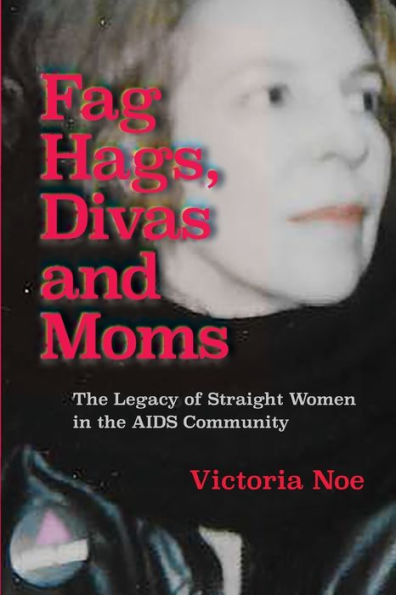Why Friend Grief is Different - Pt. 2
 |
| From the outside looking in |
I have a friend, a dedicated librarian at a public school for special education kids. When I told her about my book, she said she had a story for me.
I sat down with her after school, in the back of her library. She told me the story of a friend of hers. They’d been friends for years, had their ups and downs. But nothing prepared her for finding out about her friend’s death months after it happened. The family knew of their friendship, but hadn’t contacted her.
The pain she felt was real: not just the death of the friend, but the missed opportunities to set things right, and to properly mourn.
Months later, I received an email from her. “You won’t believe it,” she said. The same thing - not being notified of a friend’s death - had happened again. Actually, it had happened two more times.
We’re a very mobile society: we go away to college, move around for our jobs, and retire in other parts of the country. Personally, I’ve found people on Facebook I could never have found otherwise, because they were living in places I’d have never looked.
That mobility can make it difficult for families to know who to contact when someone dies. Just where do they begin to locate friends? Do you keep an address book or Christmas card list? Do you have all your contacts on your computer or phone? Could someone else easily find them?
So, yes, if this gives you pause, it should. You might want to make a note to print out that list and put it somewhere easy to find: with your will, or financial papers. You might want to make a pact with another friend, so there’s someone who can find the information quickly and easily.
Those of us who have experienced the death of someone close to us also know that grief can really muddle your brain. You may simply not be able to think of everyone who should be contacted, until well after the services have taken place. That’s not unusual, and only human.
Not everyone reads the obituaries every day. So as a non-family member, you are at the mercy of the family, as far as notification. Sometimes, with the flurry of activities and details demanding their attention, they just didn’t remember you.
Sadly, my friend suspected, at least in the first case, that something else was going on: that she was deliberately not told of her friend’s death.
On Friday, we’ll consider how it feels to be deliberately left out.

